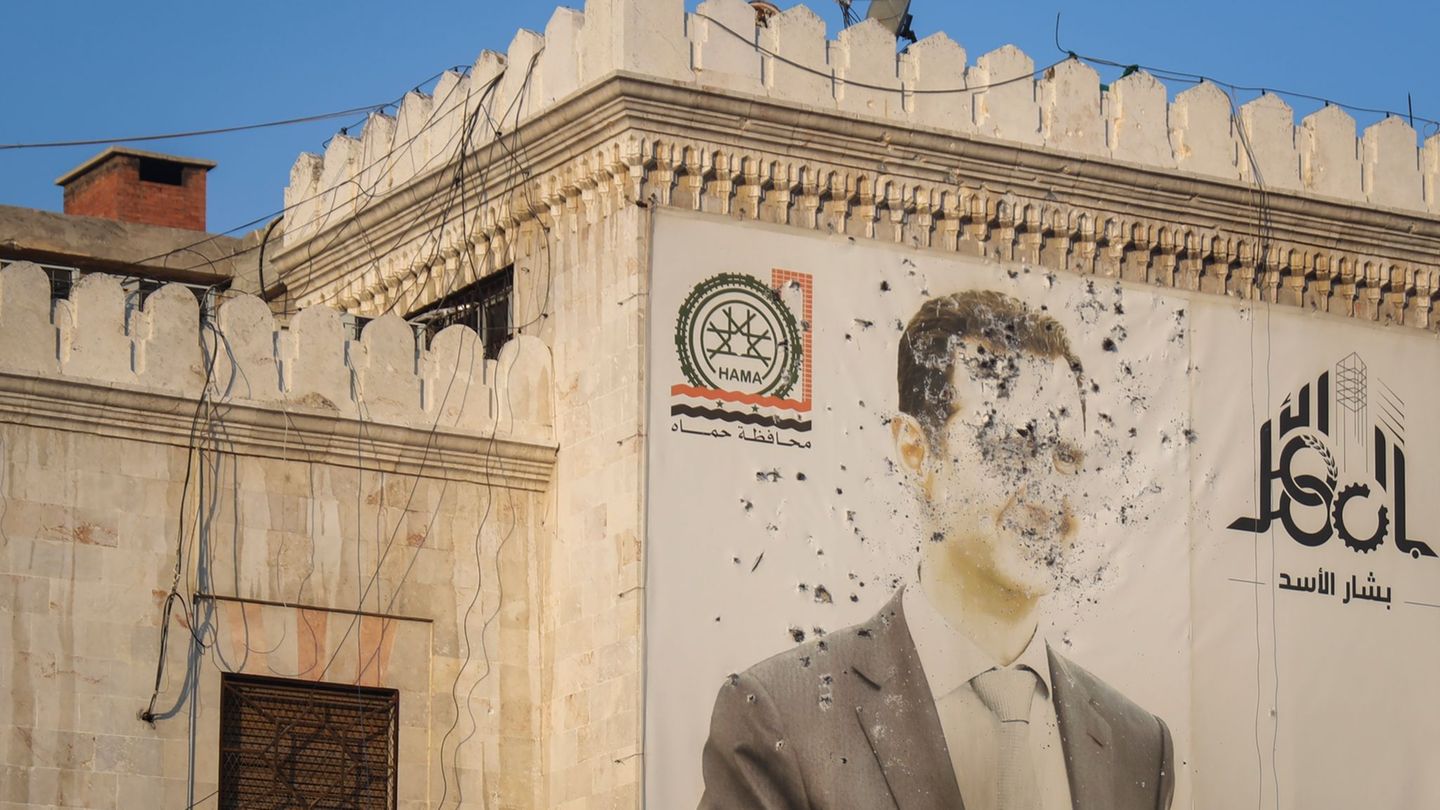The place of pilgrimage where the German bishops meet for the spring general assembly is dedicated to no fewer than 14 saints. They could use help because the pressure to reform is great.
The Catholic Church is rehearsing the change at the spring plenary assembly of the German Bishops’ Conference (DBK).
According to the chairman Georg Bätzing, one thing is already certain in the pilgrimage site of Vierzehnheiligen near Bad Staffelstein: “I think the resistance of the church to change no longer holds.”
As proof, the Bishop of Limburg announced on Monday that the so-called basic order, the labor law of the Catholic Church, which applies to around 750,000 employees, is to be changed in the coming months. The goal: Discrimination against homosexual employees is to be ended.
So far, they have run the risk of losing their job if they commit to a same-sex partnership. In January, 125 queer employees protested under the motto #OutInChurch. And now, less than two months after this action, something is happening. This is a truly breathtaking speed for the Catholic Church.
“Movement is needed here, pressure has been created here,” says Bätzing. According to him, an episcopal group is to discuss a new draft of the constitution in May. In June, the DBK could then discuss this draft in the Permanent Council.
Reforms because of loss of confidence
This new speed is the reaction to a “blatant crisis of trust and credibility”, as Bätzing says. Since the Munich abuse report was presented in January, the number of exits has exploded, especially in Bavaria. The report by the Westpfahl Spilker Wastl law firm came to the conclusion that cases of sexual abuse in the diocese had not been dealt with appropriately for decades. The experts assume at least 497 victims and 235 alleged perpetrators, but at the same time from a significantly higher number of unreported cases.
Yet another topic dominated the agenda of the four-day gathering: the war in Ukraine. “Civilians are being expelled, attempts are being made to overthrow a legitimate government,” says Bätzing. The world cannot let Russia’s invasion of Ukraine, which violates international law, rest. “That makes us Christians very concerned.” The bishops wanted to find out about the situation. “Last but not least, we want to pray.”
On the subject of sexualized violence by church workers against children and young people, Bätzing once again emphasizes the responsibility of the church – especially when there has been no state prosecution or the acts have become statute-barred. “As a church, we cannot initiate prison sentences or arrests.” Nevertheless, one must keep an eye on the fact that no further abuse occurs. This is a “highly differentiated question”.
More calls for renewal
Reform movements such as “We are the Church” had demanded in the run-up to the assembly that the bishops must now “show their colors” and draw conclusions from the first reform proposals that the so-called “Synodal Path” has developed so far: Among other things, the faithful should be able to have a say in the appointment of bishops . In addition, the demands formulated by reform-oriented Catholics are in the air: diaconate of women, married priests, blessing of homosexual couples.
Bätzing admitted that he does not know whether the necessary two-thirds majority can be achieved among the bishops. After all, every bishop is bound by his conscience. A declared critic of the reforms, the controversial and arch-conservative Cologne Cardinal Rainer Maria Woelki, returned to the circle of German bishops after a hiatus with his first major public appearance in months.
The appearance of the Indian cardinal and papal adviser Oswald Gracias on Monday shows how far the road is still – even if the German bishops could bring themselves to implement reforms.
The ongoing synodal process in Germany is good, says the Archbishop of Mumbai and Chairman of the Indian Bishops’ Conference. But there are major concerns, especially on the part of African bishops: «Is this going to be a democracy? Or do we stick to Scripture and tradition?” he asked.
Gracias is a member of Pope Francis’ Advisory Board. “A synod is not a democracy,” he emphasizes. In the end, the Holy Spirit decides.
Source: Stern
David William is a talented author who has made a name for himself in the world of writing. He is a professional author who writes on a wide range of topics, from general interest to opinion news. David is currently working as a writer at 24 hours worlds where he brings his unique perspective and in-depth research to his articles, making them both informative and engaging.




